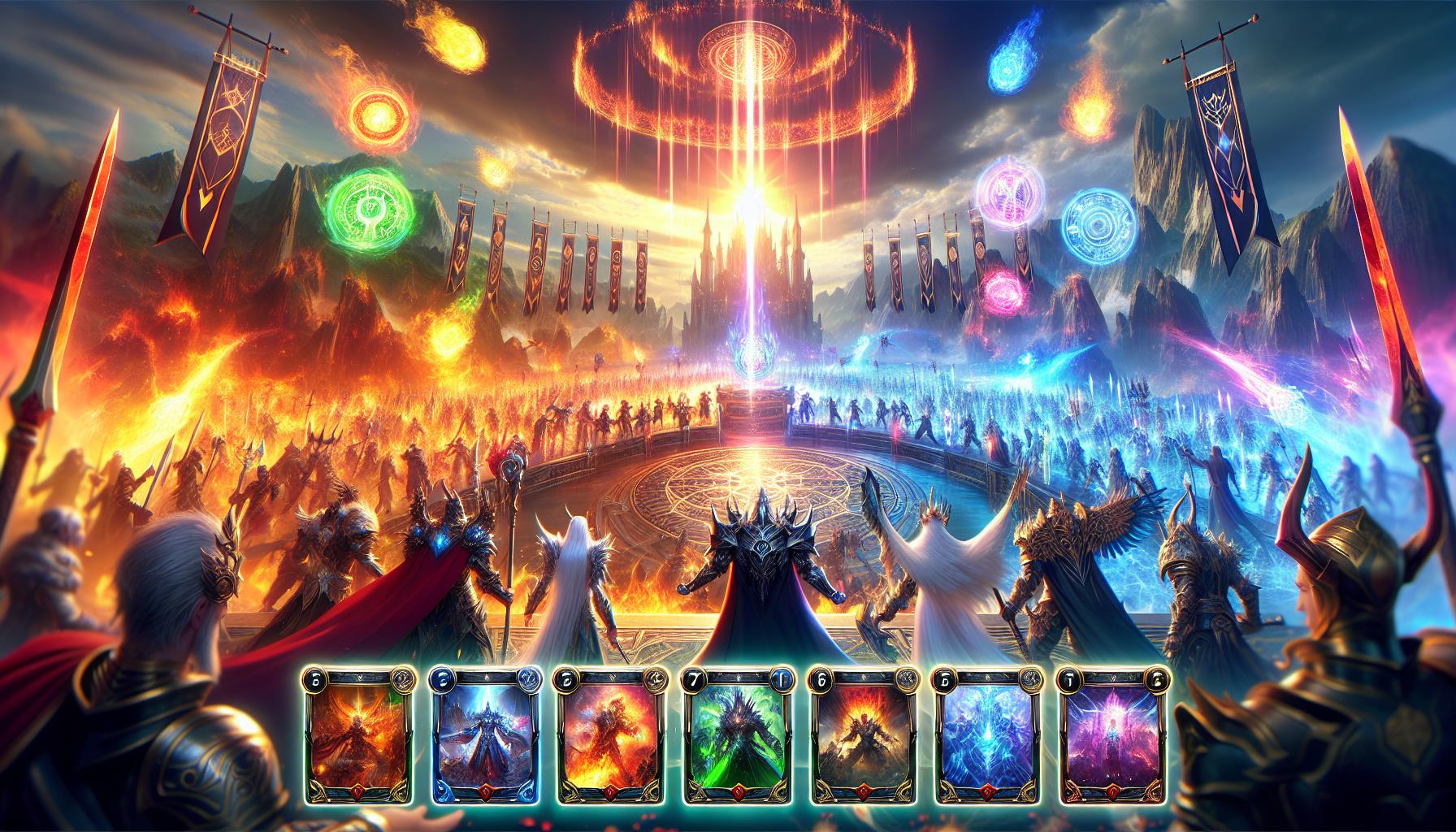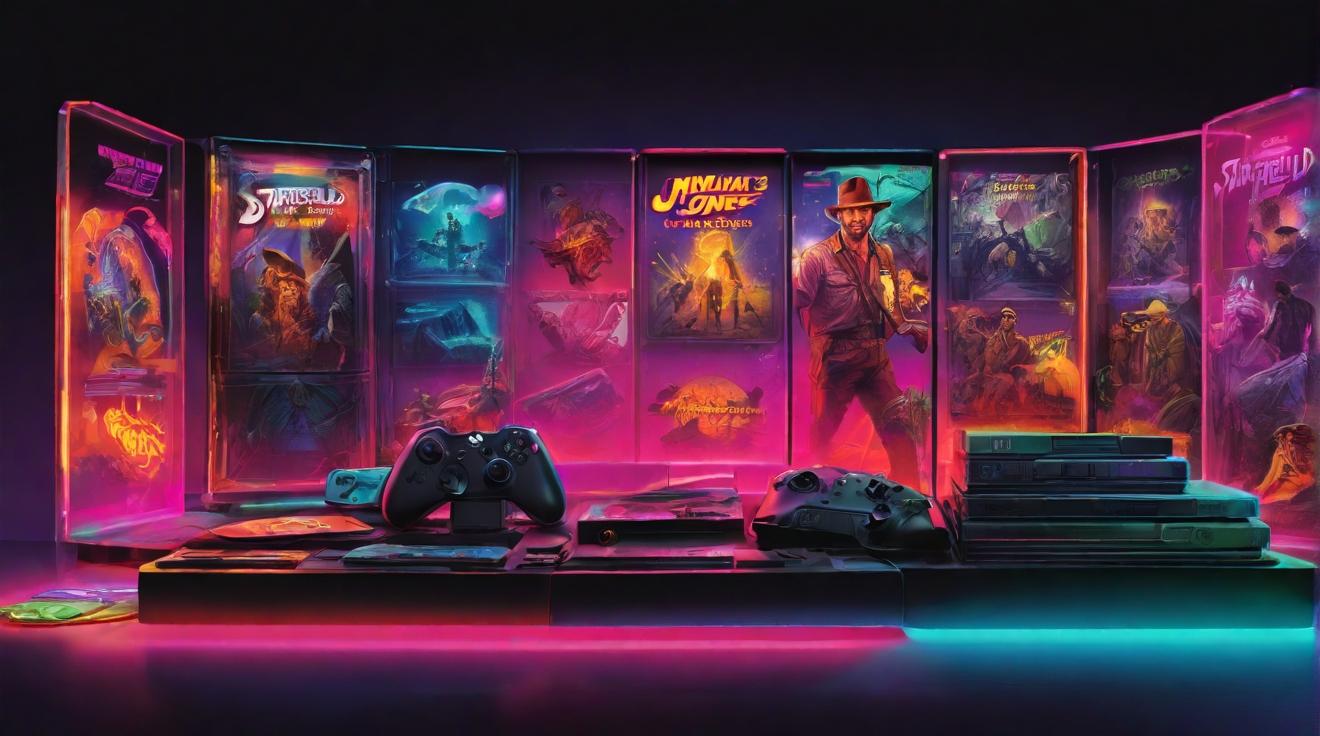OpenAI Integrates Third-Party Apps Directly into ChatGPT
OpenAI announced a significant advancement in its AI ecosystem by enabling developers to build and deploy interactive applications directly inside ChatGPT. Starting Monday, users will access apps from major companies such as Booking.com, Expedia, Spotify, Figma, Coursera, Zillow, and Canva within the ChatGPT interface. The announcement took place during OpenAI’s annual developer conference, DevDay 2025, marking a strategic shift towards embedding third-party tools seamlessly into conversational AI.
“We want ChatGPT to be a great way for people to make progress, to be more productive, more inventive, to learn faster, to do whatever they’re trying to do in their lives better,” said CEO Sam Altman. “[Apps inside of ChatGPT] will enable a new generation of apps that are interactive, adaptive, and personalized, that you can chat with.”
Seamless User Experience with Real-Time App Integration
Unlike previous efforts such as the standalone GPT Store, the new system integrates apps directly into ChatGPT’s conversational flow. Users can invoke applications by simply mentioning their names during a chat, enabling dynamic interaction without leaving the interface. For example, users can request, “Figma, turn this sketch into a workable diagram,” or ask Coursera, “Can you teach me something about machine learning?” Zillow’s app allows natural language queries to search for apartments within specific parameters, displaying interactive maps and detailed property information. ChatGPT can also proactively suggest relevant apps. For instance, when requesting a party playlist, the Spotify app may be automatically invoked to curate music selections. OpenAI plans to expand the app roster to include services like DoorDash, Instacart, Uber, and AllTrails, further broadening the platform’s utility.
New Apps SDK and Model Context Protocol Empower Developers
OpenAI introduced a preview of the Apps SDK, a developer toolkit designed to facilitate the creation of these interactive, personalized applications within ChatGPT. The SDK leverages the Model Context Protocol (MCP), enabling secure connections between external data sources and the AI system. This architecture allows apps to perform actions, render fully interactive user interfaces within ChatGPT responses, and even display video content pinned atop the web page, customizable through conversational commands. Users with existing subscriptions can log into their accounts directly through ChatGPT, granting seamless access to premium app features. Looking ahead, OpenAI plans to support monetization avenues for developers, including integration with its recently launched Instant Checkout feature inside ChatGPT.
Privacy Concerns and App Selection Dynamics
Privacy remains a critical consideration. OpenAI mandates that developers collect only minimal necessary data and maintain transparency regarding permissions. However, specifics about the extent of data access — whether developers see entire conversations, recent messages, or just the initiating prompt — have not been fully disclosed. Another open question involves how ChatGPT will handle competing services within the same category, such as DoorDash versus Instacart. While monetization models could incentivize prioritization, OpenAI emphasizes that user experience will remain the paramount factor in app selection. These issues will be pivotal as the ecosystem scales and more developers and companies seek to integrate their services within ChatGPT.
About the Author
Maxwell Zeff is a senior technology reporter specializing in artificial intelligence. Based in San Francisco, he has covered AI advancements and major tech industry developments for outlets including TechCrunch, Gizmodo, Bloomberg, and MSNBC. Contact Maxwell at maxwell.zeff@techcrunch.com or via Signal at mzeff.88.
FinOracleAI — Market View
OpenAI’s integration of third-party apps directly into ChatGPT represents a strategic evolution of the conversational AI platform, positioning it as a versatile hub for productivity, learning, and entertainment. This approach enhances user engagement by reducing friction between AI interactions and external services.
- Opportunities: Increased developer participation via the Apps SDK could accelerate innovation and diversify ChatGPT’s capabilities.
- Opportunities: Embedded apps may drive higher user retention and monetization through seamless subscription and checkout integration.
- Risks: Privacy concerns and data governance will require rigorous oversight to maintain user trust.
- Risks: Potential conflicts in app selection could affect neutrality and user satisfaction if monetization influences prominence.
Impact: This development is positive for OpenAI’s market positioning, reinforcing ChatGPT as a comprehensive AI platform while introducing new challenges around privacy and app ecosystem management.













